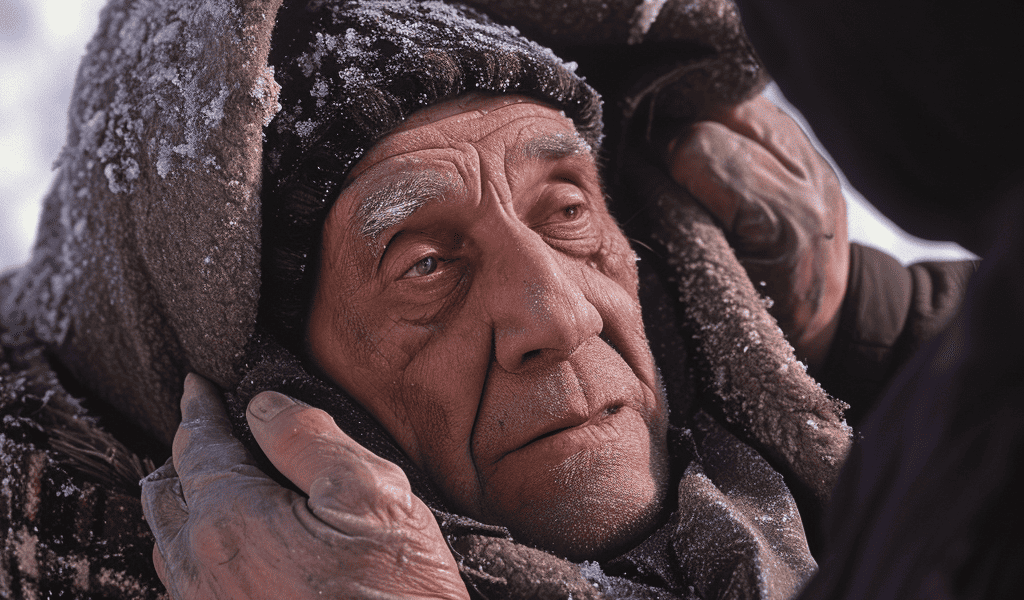During the winter months, it is crucial to protect yourself from the perils of cold weather. While the elderly, frail, and very young are at the highest risk, anyone can suffer from hypothermia, which can be very serious. Alcohol consumption can make people more susceptible to hypothermia as it affects their ability to regulate their body temperature. Therefore, particular care should be taken during the winter party season.
Hypothermia
Hypothermia occurs when the core body temperature falls below 35°C. Small children and babies are particularly vulnerable as their brain’s temperature control area may not be fully developed. Similarly, elderly individuals are more likely to suffer from hypothermia. Anyone exposed to cold conditions with insufficient warm clothing can quickly develop mild hypothermia. Cold water and wet clothing can rapidly bring down body temperature. Additionally, individuals with high levels of alcohol or drugs in their system find it harder to maintain their body temperature. Therefore, if someone has collapsed outside during the festive season, hypothermia is a very real threat.
Signs and Symptoms
The signs of hypothermia include being pale, quiet, and cold to the touch. The individual may be shivery and then stiff with cold, and their lips may turn blue. As hypothermia progresses, they may become confused, disoriented, and may even lose consciousness, with severe hypothermia potentially leading to death. Their heart rate and breathing rate may slow down, and the body’s glucose reserves are used up in an attempt to keep warm, causing the blood sugar to drop. Hypothermia also affects the blood’s ability to clot and impacts the heart. Prolonged hypothermia may lead to cardiac arrhythmias and ultimately cardiac arrest. In the case of babies, they may appear pale, drowsy, and off their food.
Treatment
If someone is experiencing hypothermia, it is important to:
- Remove cold, wet clothing
- Put on warm, dry clothing
- Cover their head and wrap them up in coats and blankets
- Increase the room temperature if possible
- If unable to get indoors, wrap them in a foil blanket and use a survival bag and shelter if possible
- Give them warm (non-alcoholic) drinks
- Seek medical advice and, if their condition deteriorates, phone the emergency services
The aim is to warm the core of their body slowly from within. It is crucial not to initiate any rapid changes or use hot water bottles or baths to warm them, as this can lead to burns and warm their periphery rather than their core. If the person loses consciousness but is still breathing, they should be placed in a stable side position to maintain an open airway.





